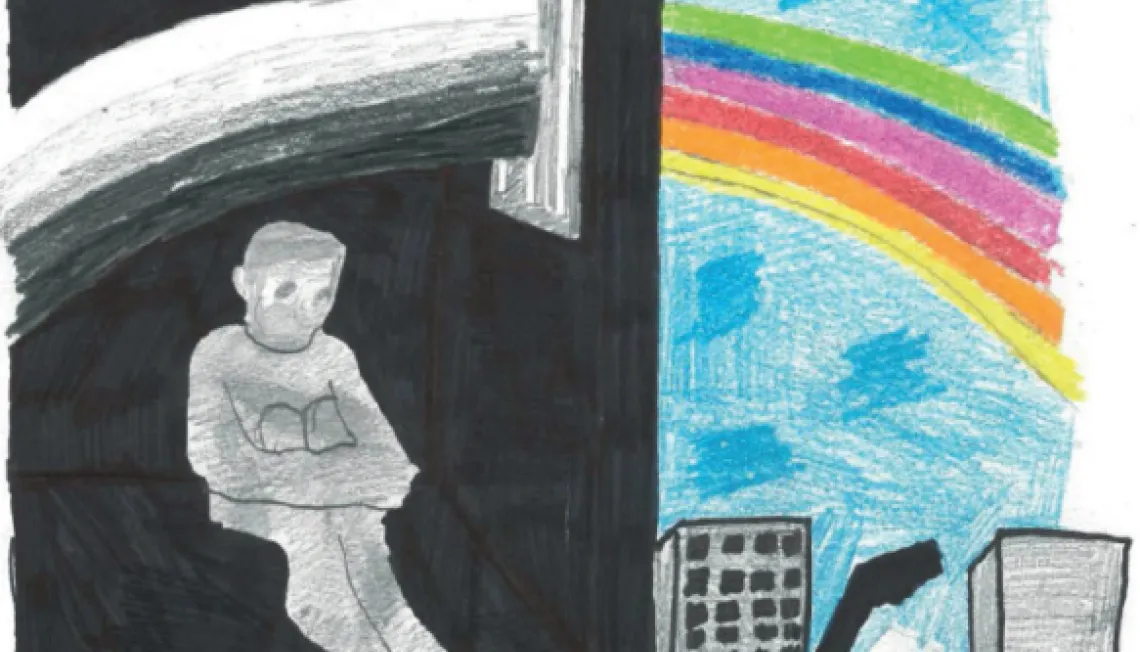Children First, Gloucestershire

A system that works for children, not against them, meaning a better deal for children in Gloucestershire.
Since the 1st of January this year, Gloucestershire has been home to an exciting new scheme, Children First. The scheme is part of a welcome drive to treat children caught up in offending behaviour as children first and foremost, giving their strengths and needs due weight in the decision-making process and avoiding unnecessary criminalisation. Recognising that deepening involvement in the justice system actually makes children more likely to reoffend and comes with a range of limiting collateral consequences (e.g. a criminal record; labelling; interruption of education, training and employment), Children First aims to progressively replace criminalising sanctions with restorative practice approaches where appropriate.
Rather than reinventing the wheel, Gloucestershire looked to areas with strong diversion experience, most notably Surrey, for inspiration when designing its own scheme. The resultant system shifts responsibility for deciding to initiate youth cautions and criminal charges from the police to a Joint Decision-Making Panel (JDP) and introduces a new non-criminalising disposal, the Youth Restorative Intervention (YRI). This is very much a multi-agency initiative, bringing together Police, Youth Support Team (YST), Restorative Gloucestershire, Health, Education, and Social Care.
The JDP is comprised of police sergeants, Youth Support Team (YST) managers and an NHS Mental Health staff member and so offers a wide range of expertise and facilitates practical and effective partnership working. Between January and August, the JDP agreed 163 YRIs. These YRIs are overseen by the YST. To ensure the interventions are of the highest quality, the scheme has undergone peer review by external improvement partners and will be undertaking an internal audit using the HMIP Thematic Report into Out of Court Disposals.
Children First is designed with a number of benefits in mind, including: speedy resolutions with minimal bureaucracy; avoiding unnecessary criminalisation of children and young people; giving children more than once chance at diversion; strong partnership working; and lower reoffending rates. As the key role of Restorative Gloucestershire and the name of the new disposal suggests, another significant benefit of the scheme is securing victim involvement and satisfaction.
Thanks to Kate Langley (Strategic Lead for Children First, Youth Support Team Gloucestershire) and Paul Dutton (Senior Responsible Officer for Children First, Gloucestershire Constabulary), for helping us draw this case study together.